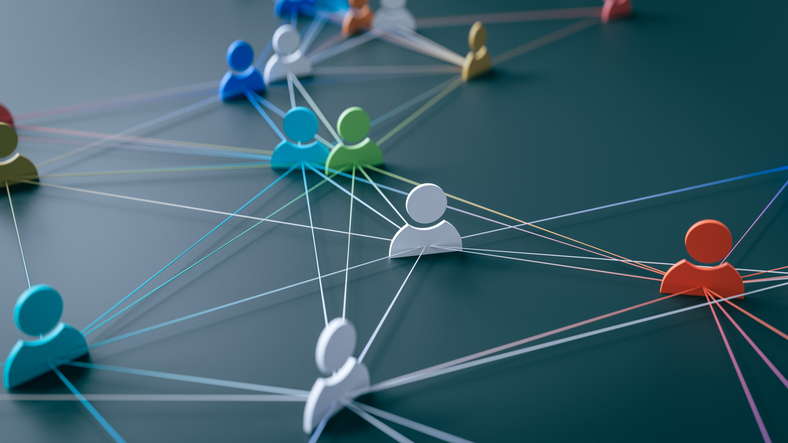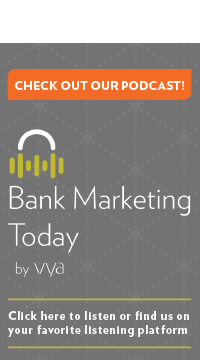 We are in an age of “permission marketing.” This was the topic I had the pleasure to hear Seth Godin speak about at the Integrated Marketing Week Conference last month. One of his main points: All media is optional. If people don’t want to talk to you or listen to you, they don’t have to. We’re past the time when marketers can just cram messages down people’s throats. Everyone skips the commercials on DVR. In the subject line of an email, you essentially are asking them to open your email. In the opt-in form on your website, you have to ask them to sign up for your newsletter. You can’t just say attack the audience with your product; you have to build a connection first.
We are in an age of “permission marketing.” This was the topic I had the pleasure to hear Seth Godin speak about at the Integrated Marketing Week Conference last month. One of his main points: All media is optional. If people don’t want to talk to you or listen to you, they don’t have to. We’re past the time when marketers can just cram messages down people’s throats. Everyone skips the commercials on DVR. In the subject line of an email, you essentially are asking them to open your email. In the opt-in form on your website, you have to ask them to sign up for your newsletter. You can’t just say attack the audience with your product; you have to build a connection first.
The Connection Economy
This significantly reduces the value of the mass market, according to Godin. The real value for your marketing dollar is on the edges – the places where specialized info will be most valued. The edge is more receptive to specific messaging. Think politics and religion if you want more vivid examples – the edge craves content on their subject and consumes it at much deeper and higher rates because there’s more passion there. That’s where you’re making your connection, and that’s what drives Godin’s notion that we are living in a “Connection Economy.”
The Connection Economy is built on four principles: Coordination of the connection to build trust, which will then allow you to earn the permission of your audience to exchange ideas with them. That’s how you get your message to the audience, but what should that message entail, and how should it be presented?
Building connections
In short, focus on what makes you remarkable. You should answer the question: Why would people miss you? This doesn’t necessarily have to be a product differentiator. It could be the personality element of your company’s brand, or even the personalities of the specific people in your company.
As Godin says, the system is boring, so there’s an artistic element to building a deeper connection. Just like in art, often it’s the person who steps out from the norm of the time that is most remembered. So what makes something remarkable? Quite simply, Godin says it is something worth making a remark about. Godin uses the example of a purple cow. That would truly be something worth making a Dorothy Gale-esque remark about if you saw it, and that’s the reaction you want to elicit (but hopefully with a more meaningful connection).
The other key component to this strategy is to build on generosity. Especially from a B2B perspective, are you giving out content for free, or do prospects have to fill out the world’s most intrusive lead form? No one wants to do much of anything with a selfish person, and that goes for business as well. When you give people value, they will want to connect with you.
Technology as a bridge
I think it’s important not to understate the role of technology in all of this. After all, it’s technology that is driving these shifts in marketing. Marketers need to be able to harness technology not just as a medium to disseminate their message, but also as a means to manage that message and content, and to gather metrics that support future directives. Whether in personal life or business, connections are largely built on and sustained by what you say and how you say it. Marketing resource management systems can be used to ensure field sales teams and marketing teams aren’t going rogue with their messaging and jeopardizing current and future connections.
What are your thoughts on Godin’s “Connection Economy” and how can technology aid in driving connections?
Tags: branding, content strategy, messaging, B2B, content marketing, marketing technology, marketing resource management, connection economy, seth godin





